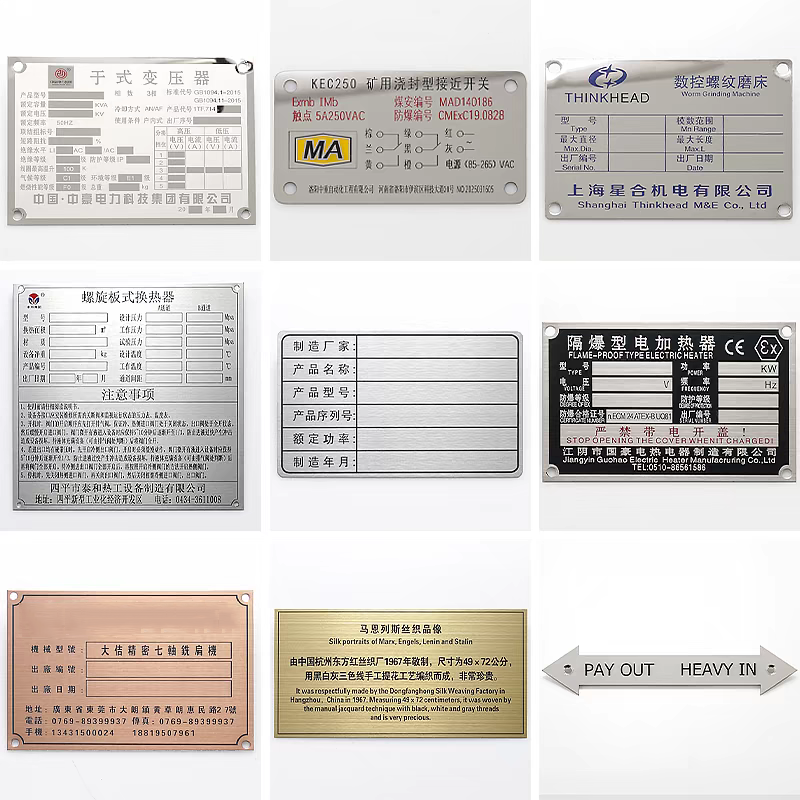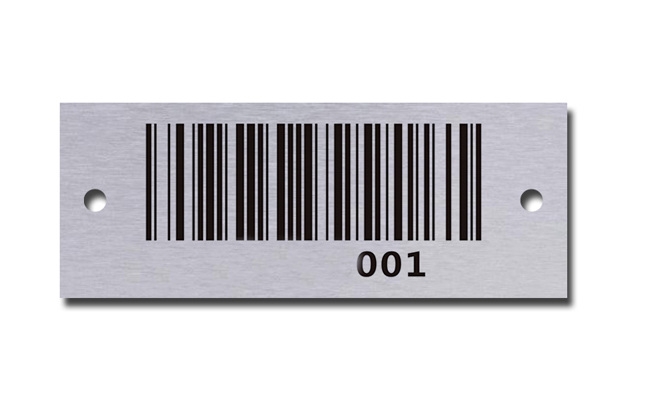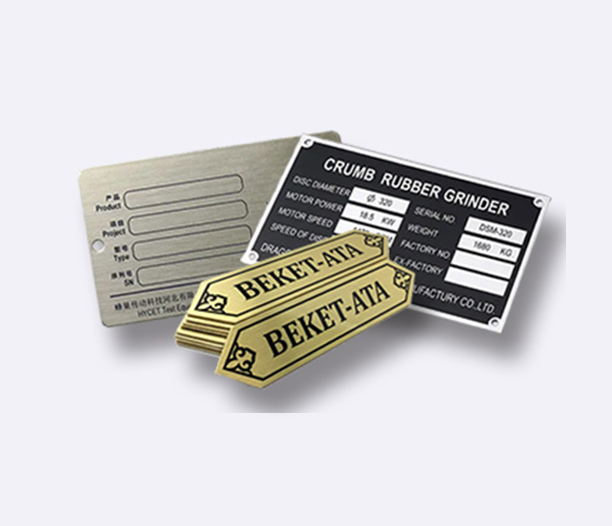When it comes to purchasing a manufactured home, understanding the HUD tag is crucial for making informed decisions. A HUD tag manufactured home refers to a factory-built dwelling that complies with the U.S. Department of Housing and Urban Development (HUD) standards, ensuring safety, durability, and quality. This label, often affixed to the home's exterior, signifies that the structure meets federal construction guidelines, providing peace of mind for homeowners. In this article, we'll delve into seven key aspects of HUD tag manufactured homes, covering everything from their importance to legal considerations. Whether you're a first-time buyer or looking to invest, this comprehensive overview will equip you with the knowledge needed to navigate the world of manufactured housing.

What is a HUD Tag Manufactured Home?
A HUD tag manufactured home is a type of prefabricated housing unit that has been certified under the HUD Code, established in 1976. This code sets national standards for the design, construction, and installation of manufactured homes, replacing earlier, less stringent regulations. The HUD tag itself is a metal plate or label attached to each section of the home, typically found on the exterior rear or in a closet. It includes vital information such as the manufacturer's name, production date, and a unique serial number, which helps in tracking and verification. This certification ensures that the home has undergone rigorous inspections during the manufacturing process, covering aspects like structural integrity, fire safety, and energy efficiency. By understanding what a HUD tag manufactured home entails, buyers can confidently assess its quality and compliance with federal laws, making it a reliable choice in the housing market.
The Importance of HUD Tags in Manufactured Housing
HUD tags play a pivotal role in the manufactured housing industry by providing a layer of protection and standardization. For a HUD tag manufactured home, this label indicates adherence to the Federal Manufactured Home Construction and Safety Standards, which are designed to safeguard occupants from potential hazards. These standards cover critical areas such as wind resistance, thermal efficiency, and plumbing systems, ensuring that the home is built to withstand various environmental conditions. Moreover, a HUD tag manufactured home often qualifies for financing and insurance more easily than non-certified units, as lenders and insurers view them as lower-risk investments. This certification also enhances resale value, as it assures potential buyers of the home's quality and safety. In essence, the HUD tag serves as a mark of credibility, making it an essential factor in the decision-making process for anyone considering a manufactured home.
How to Obtain a HUD Tag for a Manufactured Home
Obtaining a HUD tag for a manufactured home involves a structured process that begins at the manufacturing plant. First, the home must be built in compliance with the HUD Code, which requires manufacturers to follow specific design and production protocols. During construction, independent third-party inspectors, known as Design Inspection Primary Inspection Agencies (DAPIAs), review the plans and conduct on-site checks to ensure adherence to standards. Once the home passes these inspections, the manufacturer applies the HUD tag, which is issued by HUD or its authorized agents. For homeowners, verifying the presence of a HUD tag is straightforward—it should be visibly attached to the home. If a tag is missing or damaged, it's essential to contact the manufacturer or a HUD-approved agency for a replacement, as this can affect the home's legality and value. This process underscores the importance of choosing a HUD tag manufactured home to ensure compliance and avoid future complications.
Differences Between HUD Tag Manufactured Homes and Site-Built Homes
While both HUD tag manufactured homes and site-built homes provide shelter, they differ significantly in construction, regulation, and cost. A HUD tag manufactured home is built in a factory setting, allowing for controlled conditions that reduce weather-related delays and ensure consistent quality. These homes are subject to the federal HUD Code, which standardizes safety and performance nationwide. In contrast, site-built homes are constructed on-site and must comply with local building codes, which can vary by jurisdiction, leading to potential inconsistencies. Cost-wise, a HUD tag manufactured home is often more affordable due to efficient production methods, making homeownership accessible to a broader audience. However, site-built homes may offer more customization options and perceived durability. Understanding these differences helps buyers weigh the pros and cons, with a HUD tag manufactured home presenting a viable, budget-friendly alternative without compromising on safety.

Legal and Regulatory Aspects of HUD Tags
The legal framework surrounding HUD tag manufactured homes is designed to protect consumers and ensure uniformity across states. Under the HUD Code, manufacturers must adhere to strict guidelines, and any violations can result in penalties or recalls. Homeowners of a HUD tag manufactured home benefit from federal warranties that cover defects in construction, providing recourse if issues arise. Additionally, these homes are subject to the Manufactured Home Dispute Resolution Program, which offers a mechanism for resolving disputes between homeowners and manufacturers. State laws may also come into play, such as requirements for installation and titling, but the HUD tag ensures a baseline of safety and quality. It's crucial for buyers to verify that their HUD tag manufactured home is properly documented and registered to avoid legal pitfalls, such as zoning restrictions or financing denials. By familiarizing themselves with these regulations, homeowners can safeguard their investment and enjoy a secure living environment.
Impact of HUD Tags on Home Value and Insurance
A HUD tag manufactured home can significantly influence both its resale value and insurance prospects. Homes with a valid HUD tag are often appraised higher because they meet national standards, reducing perceived risks for appraisers and buyers. This certification can also streamline the sales process, as it provides clear proof of compliance, making the home more attractive in competitive markets. From an insurance standpoint, a HUD tag manufactured home is typically easier to insure, as carriers recognize the reduced likelihood of structural failures or safety issues. Policies may offer better rates and coverage options, similar to those for site-built homes. However, if a HUD tag is missing or invalid, it can lead to higher premiums or denial of coverage, emphasizing the importance of maintaining this certification. Overall, investing in a HUD tag manufactured home not only enhances livability but also protects financial interests over the long term.
Maintenance and Long-Term Care for HUD Tag Manufactured Homes
Proper maintenance is key to preserving the value and safety of a HUD tag manufactured home. Regular inspections should focus on areas covered by the HUD Code, such as the roof, plumbing, and electrical systems, to ensure they remain in compliance. Homeowners should keep records of any repairs or upgrades, as these can affect the home's certification and resale potential. For instance, modifying a HUD tag manufactured home without following HUD guidelines could void the warranty or require recertification. It's also advisable to check the HUD tag periodically for damage or wear and seek professional help if issues arise. By adhering to a maintenance schedule and using HUD-approved materials, owners can extend the lifespan of their HUD tag manufactured home and continue to enjoy the benefits of federal standards. This proactive approach helps prevent costly repairs and maintains the home's integrity for years to come.
Frequently Asked Questions About HUD Tag Manufactured Homes
Q1: What is a HUD tag, and why is it important for a manufactured home?
A1: A HUD tag is a certification label attached to a manufactured home that indicates compliance with the HUD Code, ensuring the home meets federal safety and construction standards. It's important because it provides assurance of quality, facilitates financing and insurance, and can enhance the home's resale value.
Q2: How can I verify if a manufactured home has a valid HUD tag?
A2: You can verify a HUD tag by physically inspecting the home for a metal plate typically located on the exterior rear or in a closet. This tag should include details like the manufacturer's name and serial number. For additional confirmation, you can contact the manufacturer or check with HUD's database or local housing authorities.
Q3: Is a HUD tag mandatory for all manufactured homes in the United States?
A3: Yes, since the implementation of the HUD Code in 1976, all manufactured homes produced in the U.S. are required to have a HUD tag to be considered legally compliant. Homes built before 1976 may not have this tag and could be subject to different standards, so it's essential to check the home's age and certification.
Q4: What should I do if my manufactured home loses its HUD tag?
A4: If your manufactured home loses its HUD tag, you should contact the original manufacturer or a HUD-approved agency to request a replacement. Provide any available documentation, such as purchase records or photos, to facilitate the process. Without a valid tag, you might face issues with insurance, financing, or resale, so address this promptly.
Q5: Can a HUD tag be transferred when selling a manufactured home?
A5: Yes, a HUD tag is typically transferred with the home during a sale, as it is permanently affixed and part of the home's identity. However, the seller should ensure the tag is intact and provide all related documentation to the buyer to maintain transparency and compliance with federal regulations.
In summary, a HUD tag manufactured home offers numerous advantages, from safety assurances to financial benefits. By understanding these key aspects, you can make a well-informed decision and enjoy the perks of owning a certified, quality home.






